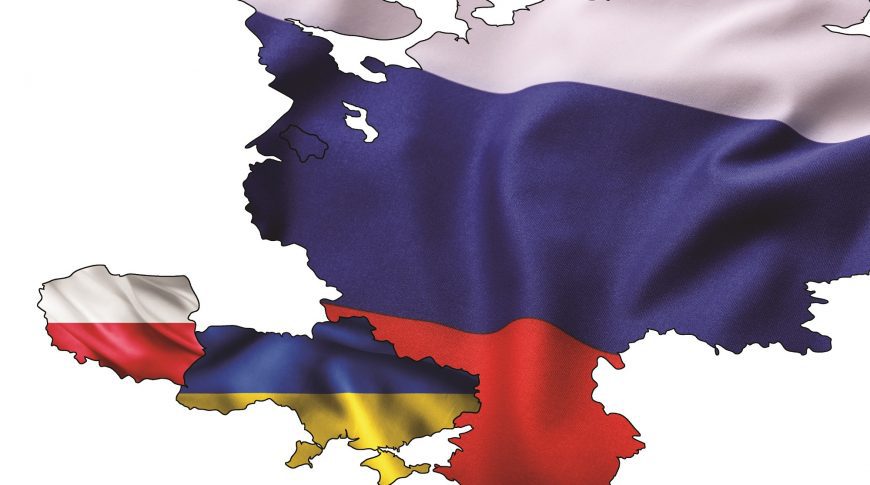Jagiellonian idea – why Kiev is mistrustful, and Moscow is against?

“Between skepticism and opposition: Cultural and political determinants of the diverse perception of the Jagiellonian Idea in Ukraine and Russia.” A Scientific Seminar of the Institute of International Relations at the Vistula University.
The Jagiellonian idea is a concept of an alliance of Central-Eastern European nations, which together, would constitute a significant strengthening of the region, and would be able to counter Russia’s imperial aspirations. It refers to the Jagiellonian tradition, which sought to create a strong sphere of influence, extending from the Baltic to the Black Sea. Poland was to play a major part in that system, and for some time, it played a significant role as a local military and cultural hegemon.
The right-wing Polish authorities, and its supporters within public opinion, have emphasised the need to return to the debate on the potential revitalisation of the Jagiellonian idea.
PhD Wawrzyniec Konarski, Professor of AFiB Vistula, emphasises that this does not find wider and positive interest among Ukrainian opinion leaders, whilst Moscow strongly rejects it.
Kiev’s perceptive outlook is hampered by the historicallyinherited attitude of the Ukrainian elite to the Jagiellonian idea, expressed through the complicated and critical perception of the role of the Polish- Lithuanian Commonwealth and the 2nd Polish Republic. The difficult nature of historical relations between Ukraine and Russia, is here an additional factor, petrifying this skepticism among Ukrainians. This is all the more paradoxical, as the essence of these relations is the primacy of the argument of strength, which is primarily associated with the policy of the Russian Empire, and, formerly, the USSR. In turn, this idea is also perceived as an expression of the strength of an argument. It is hard to deny this by looking at the complicity of Lithuania and the Kingdoms of Bohemia and Hungary, in putting it into practice.
However, it looks quite different, if you look at the placement in the Polish-Lithuanian Commonwealth of the protoplasts of the current Ukrainians, or the Zaporozhian Cossacks. This is the historical basis of the Ukrainians’ skepticism about the various mutations of the Jagiellonian idea. On the other hand, for Russia, similar ideas are unacceptable, due to the conviction of the threat they pose to its geopolitical influences in the region, considered by the Russian political elites as the premises for state security. The imperial tradition of Russia’s presence in Central and Eastern Europe, compared with the rhetoric of encircling it by the West, excludes any support of this concept, for this, or similar ideas.
Reflections on the matter, determining the attitude of Ukraine and Russia to the historical heritage of the Jagiellonian idea, will be the subject of a lecture which Prof. Wawrzyniec Konarski will present during the seminar.
We invite employees and students
on February the 19th, 2019, at 10:00, to come to room 21.